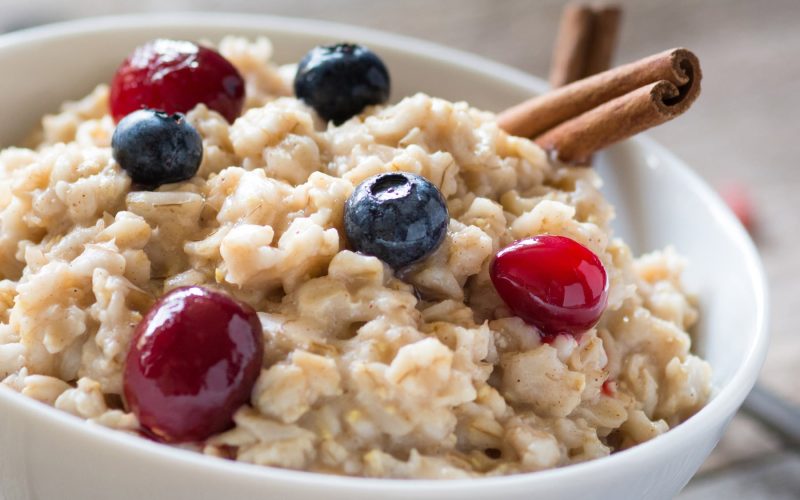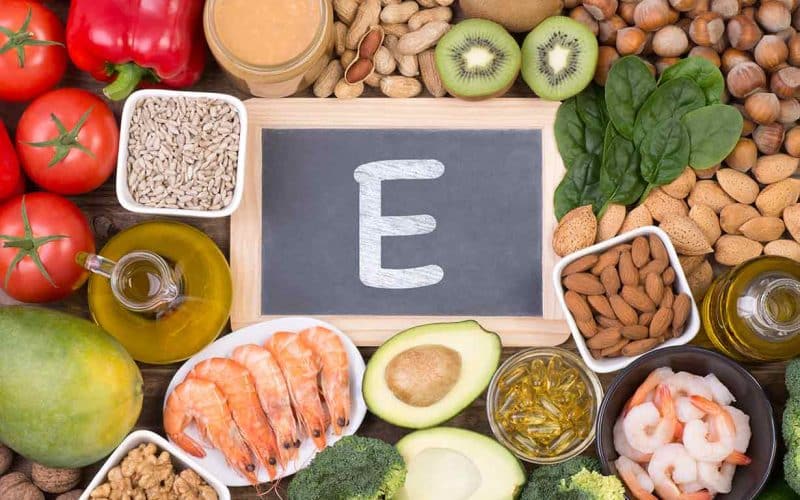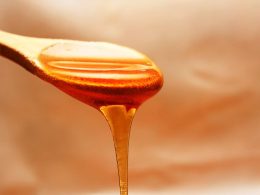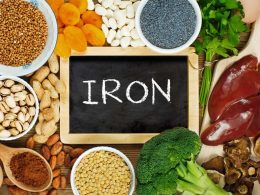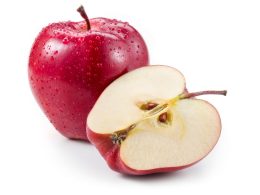Oats are one of the healthiest grains on the planet. They are whole grains, gluten-free, and a wonderful source of essential vitamins, minerals, antioxidants, and fibre.
Studies have revealed that oats and oatmeal have lots of health benefits. These benefits include lower blood sugar levels, weight loss, and a reduced risk of heart disease.
Below are 9 evidence-based health benefits of eating oatmeal and oat.
What Are Oatmeal and Oats?
Oats are delicious whole-grain food, scientifically known as Avena sativa.
Oat groats are the most whole and intact form of oats, and they take a long time to cook compared to other forms. For this reason, most oat lovers prefer cooking rolled, steel-cut oats, or crushed oats.
Instant (quick) oats, which are the most commonly sold variety are the most highly processed variety. These instant oats take the shortest time to cook, but real oat lovers believe the texture may be mushy.
Oats are a very common breakfast option, cooked and eaten like oatmeal, which is made by boiling the oats in milk or water. In some places, oatmeal is referred to as porridge.
Oatmeals are also often included in granola bars, muffins, cookies and many other baked goods.
Oats Are Incredibly Nutritious
Oats have a well-balanced nutrient composition. They are a good source of fibre and carbs, including the wonderful fibre beta-glucan.
They also contain more protein and fat than most grains.
Oats are packed with vital vitamins, minerals and antioxidant of plant compounds. A ½ cup (78 grams) of dry oats carries:
- Phosphorus: 41% of the RDI
- Manganese: 191% of the RDI
- Magnesium: 34% of the RDI
- Vitamin B1 (thiamin): 39% of the RDI
- Iron: 20% of the RDI
- Copper: 24% of the RDI
- Folate: 11% of the RDI
- Zinc: 20% of the RDI
- Vitamin B5 (pantothenic acid): 10% of the RDI
- Smaller amounts of potassium, calcium, vitamin B3 (niacin) and vitamin B6 (pyridoxine).
This comes with 13 grams of protein, 8 grams of fibre, 51 grams of carbs, 5 grams of fat, but only 303 calories.
This means that oatmeal and oats are amongst the most nutrient-dense foods you can have for breakfast or even add to your pastries.
Whole Oats Are high in Antioxidants, Including Avenanthramides
Whole oats are very rich in antioxidants and some beneficial plant compounds are known as polyphenols. Most notable is a very unique group of antioxidants known as avenanthramides, which are almost primarily found in oats.
Avenanthramides may help to lower blood pressure levels by increasing nitric oxide production. This gas molecule usually helps to dilate blood vessels and encourages better blood flow.
In addition, avenanthramides posses anti-itching and anti-inflammatory effects. Large amounts of Ferulic acid is also found in oats. This is another wonderful antioxidant.
Oats Contain a Powerful Soluble Fiber known as Beta-Glucan
Oats contain huge amounts of beta-glucan, which is a type of soluble fibre. Beta-glucan dissolves partially in water and creates a thick, gel looking solution in the gut.
Below are the health benefits of beta-glucan fibre:
- Reducing blood sugar and insulin response
- Reducing LDL and total cholesterol levels
- Increasing feeling of fullness
- Increasing the growth of good bacteria in the digestive tract
Oats Can help to Lower Cholesterol Levels and also Protect LDL Cholesterol From Damage
Studies reveal that heart disease is the top cause of death globally. One common risk factor is hypertension or high blood cholesterol.
Many studies have revealed that the beta-glucan fibre found in oats is very effective at lowering both total and LDL cholesterol levels.
Beta-glucan may help to increase the excretion of cholesterol-rich bile, which will then reduce the circulating levels of cholesterol in the blood.
The oxidation of LDL (known as the “bad” cholesterol ) cholesterol, which happens when there is a reaction between LDL and free radicals, is another important step in the progression of different heart diseases.
It not only produces inflammation in arteries, it damages tissues and can also increase the risk of strokes and heart attacks.
One study has also reported that antioxidants in oats can work together with vitamin C to help prevent LDL oxidation.
Oats Can Improve Blood Sugar Control
Type 2 diabetes is a very popular disease that is characterized by significantly elevated blood sugars levels. It usually comes from a decrease in sensitivity to the hormone insulin.
Oats may be helpful to lower very high blood sugar levels, especially in individuals who are overweight or those who have type 2 diabetes.
Oats may also improve insulin sensitivity.
These effects are mostly attributed to the ability of beta-glucans to create a thick gel that not only delays the emptying of the stomach but also the absorption of glucose into the blood
Oatmeal Is Quite Filling and May Help to encourage weight loss
For people who consider oatmeal (porridge) a delicious breakfast food, they also enjoy it because it’s also very filling.
Eating foods that are filling may also help you eat fewer calories and shed some weight.
By slowing down the time it takes your stomach to get rid of food, the beta-glucan contained in oatmeal may help to increase your feeling of fullness.
Beta-glucan can also help to promote the release of peptide YY (PYY), which is a hormone that is produced in the gut as a response to eating.
This feeling of fullness initiated by this satiety hormone has been discovered to lead to lower calorie intake and may also decrease your risk of suffering obesity.
Finely Ground Oats May be very Helpful With Skin Care
It is no coincidence that you can find oats in numerous skincare products. Producers of these skincare products usually list finely blended oats as “colloidal oatmeal.”
The use of colloidal oatmeal as a skin-protective substance was approved by the FDA back in 2003. But oat wasn’t first discovered to be great for the skin in 2003. Oats have a very long history of use in the treatment of irritation and itch in various skin conditions.
For instance, a skincare product that is oat-based has been discovered to potentially improve uncomfortable symptoms of eczema.
Please note that the skincare benefits of oat are only derived from oats that are applied directly to the skin, not those that are consumed as food.
Oat May Decrease the Risk of Childhood Asthma
This may be a surprising oat benefit, but it is one that most mothers will be glad to know about. Asthma is no doubt, the most common chronic illness in children.
It is an inflammatory disorder that affects the airways (blocking the tubes that carry air to and from an individual’s lungs).
Although it has been discovered that not all kids have the same symptoms of asthma, many kids may experience recurrent wheezing, coughing, and shortness of breath.
Many researchers are of the opinion that the early introduction of solid foods to children may lead to an increased risk of developing asthma and many other allergic diseases.
However, other studies suggest that this assumption doesn’t apply to every food. An early introduction of oatmeal or oats, for instance, may actually be protective to children.
One research reports that feeding infants with oats before the age of 6 months is connected to a reduced risk of asthma in children.
Oats May Help to Relieve Constipation
A lot of elderly people frequently experience constipation, with less frequent, or irregular bowel movements that are hard or seemingly impossible to pass.
Laxatives are usually used to relieve constipation in older people. However, even though these laxatives are very effective, they have also been associated with weight loss and reduced quality of life.
Studies suggest that the oat bran ( this is the fibre-rich outer layer of the grain) may help to relieve constipation in elderly people.
One trial revealed that the well-being of 30 elderly patients was improved after they consumed a soup or dessert that contained oat bran every day for 12 weeks.
What’s else? 59% of the elderly patients were able to stool easily without using laxatives after the completion of the 3-month study, while the total laxative use went 8% higher in the control group.
How to Incorporate Oats Into Your Diet?
You can never get bored with oats as you can enjoy them in several ways. The most common way is to simply make oatmeal (porridge) for breakfast.
Here is an easy and straightforward way to make oatmeal:
- 1 cup (250 ml) of water or milk
- 1/2 cup of rolled oats
- A pinch of salt
Combine all ingredients in a small pot and bring to a boil. after two minutes, reduce the heat to a simmer and properly cook the oats, occasionally stirring, until soft.
To make your oatmeal tastier and even more nutritious, you can add dried or fresh fruits, cinnamon, nuts, seeds, milk, or Greek yoghurt.
Also, oats can be included in many baked goods, granola, muesli, and bread.
Even though oats are naturally gluten-free, they can sometimes be contaminated with gluten. That may not be intentional, as it often happens because they may be harvested and processed with the same tools or equipment used for other grains that contain gluten.
If you are dealing with celiac disease or gluten sensitivity, make sure to only buy oat products that are certified to be gluten-free.
Oats Are Incredibly Good for You
Oats are a wonderfully nutritious food packed with essential vitamins, minerals and antioxidants.
In addition, these grains are high in fibre and protein when compared to other popular grains.
Oats contain some very unique components — most specifically, the antioxidants called avenanthramides and the soluble fibre beta-glucan.
The benefits of eating oat include lower cholesterol levels and blood sugar, reduced constipation, and protection against skin irritation.
In addition, oats are very filling and posses many properties that make them a great food for people who are looking for weight loss.
How do you like your oats? let us know by leaving a comment in the comment section below.



